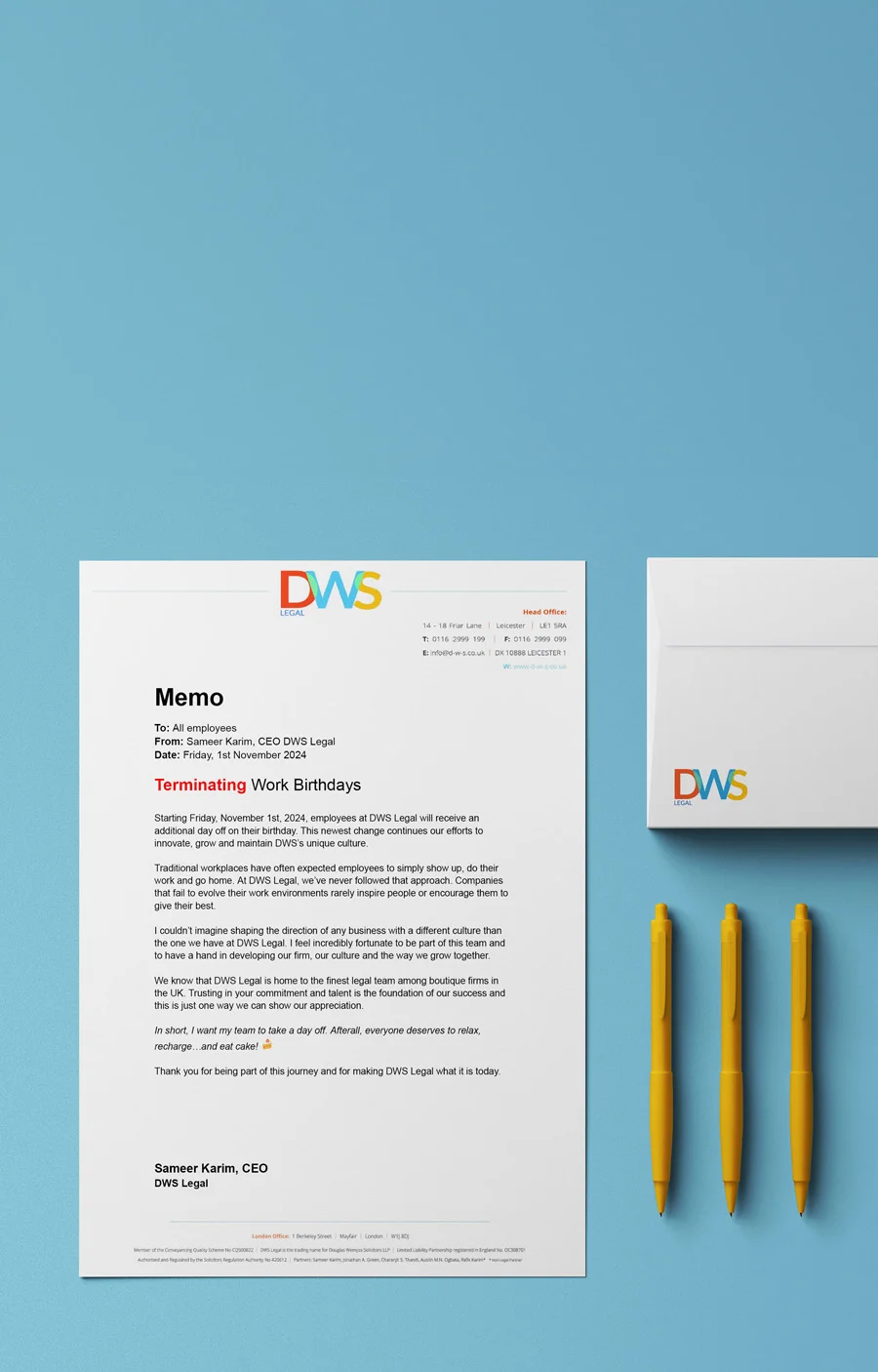The law of defamation protects a person’s reputation through ensuring that freedom of speech is not abused to cause detriment to persons name, company or family.Defamation covers libel and slander. Libel is when a defamatory statement is printed in writing and published and slander is when a defamatory statement is spoken publicly. Defamation is not limited to speech and written communication, it can also be applied to paintings, photographs, gestures, and e-communication.In any cases of slander, the claimant must prove that there has been some damage done to their reputation. This is not the case for libel – as the written communication is permanent.However, if the slander involves accusations of committing an imprisonable crime, having a contagious disease, or being incompetent at your job or profession then there is no need to prove the damage. This type of slander is called ‘actionable per se’.“In the European Convention on Human Rights under Article 10(2), defamation is one of the valid reasons for limiting a person’s freedom of expression.”Yes, you can – any individual, business or company can sue for defamation. To sue for defamation, the claim must be made within a year of the statement being said or published.If the considered statement is intent on lowering the status of the other person it classes as defamatory. If the statement has caused financial loss, serious harm or even hurt feelings, there is a case for defamation. The company or individual suing for defamation must also prove that the words were public and were heard or read by members of the public. The words that caused harm must also be made clear, as language can be interpreted in many ways.If you win a case for defamation, you’ll be given compensation for the detriment – these are called damages. To ensure the defamation does not repeat itself, you can also get an injunction. Your opponent will also usually have to cover the cost of some of the legal fees.To settle a defamation case, you don’t have to go to court. You can always use dispute resolution such as mediation to reach an agreed settlement.If you’re looking to sue for defamation, or for professional mediation call our team on: 0116 2999 199 or email us at: info@d-w-s.co.uk
Contact Us
Get In Touch Today
Do you have a legal query? Contact us for a no-obligation consultation.














.webp)









.webp)



